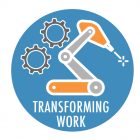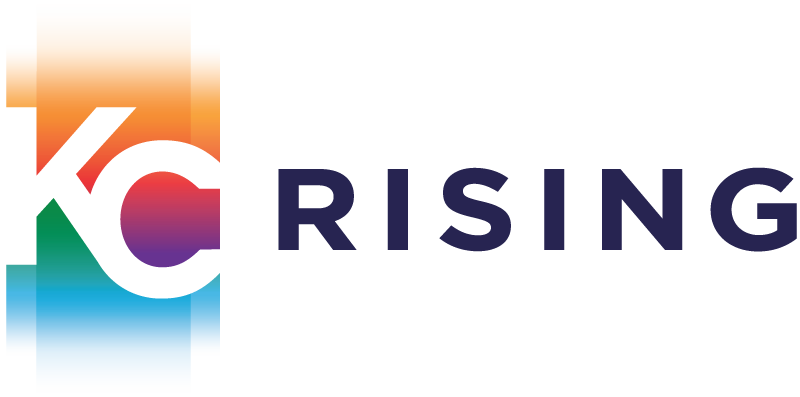
The business-led metro Kansas City regional prosperity organization KC Rising recently published a terrific report defining what are the essential skills all students need for career success. Their definition:
- Communication – The ability to adapt within various channels, to connect effectively with clients, co-workers, supervisors, and other collaborators.
- Collaboration – Cohesive teamwork that recognizes and leverages the skills and knowledge of colleagues across a range of disciplines.
- Critical Thinking – Problem-solving that synthesizes information, anticipates new challenges and opportunities, and builds strategies toward workplace effectiveness.
- Interpersonal Skills – Treating others with empathy and respect, building trusting relationships, and creating a sense of belonging and shared purpose.
- Proactivity – Taking the initiative to seek out and act on opportunities to learn, innovate, and add value to an organization.
- Executive Function – The self-accountability needed to work independently, manage tasks and resources to meet deadlines, and deal with ambiguity.
Their report redefines the skills gap. To them skills gap means the absence in far too many students of these essential skills. Not a too small supply of students who know how to weld, code or do accounting. They write:
An elusive “skills gap” is mentioned in almost every conversation about our nation’s workforce – but what exactly is this gap, and what can we do about it?
First, let’s define the skills in question. Technical Skills are based on foundational knowledge or expertise in a subject. Then, there are the uniquely human skills, often referred to as “soft skills.” This second set of skills has many names – power skills, future skills, timeless skills, or essential skills. In the KC region, the term Essential Skills has been adopted because these are the skills that are increasingly important, in fact necessary in the next economy.
Already, Essential Skills are a differentiator in hiring, promotion, and retention of employees. Workers with a high competency in Essential Skills are in increasing demand. Essential Skills empower transitions and open opportunity, and are key to unlocking economic mobility. In the 21st century economy, jobs follow skills.
… Essential Skills serve as the roots that feed and nourish the development of Durable, Semi-durable, and Technical Skills. An emphasis on the development of Essential Skills is important to the success of students as they transition into careers. These Essential Skills are the foundation of agility in an increasingly volatile world.
KC Rising defines perishable, semi-durable and durable skills this way:
- Perishable Skills: Technology skills, especially those related to specific vendors, platforms, or programming languages that are updated frequently.
- Semi-durable Skills: Field-specific technologies, processes, or tools that frame a base knowledge. These are replaced as the field grows, expands, and evolves.
- Durable Skills: A base layer of mindsets and dispositions. Not just a “way of thinking,” but tangible, teachable, and measurable skills.
Exactly right! As we have explored frequently, the foundation skills for all students––irrespective of what career they decide to pursue after graduation––are the KC Rising essential skills. The icing on the cake skills are the technical/occupation-specific skills. As future or work expert Heather McGowan describes it, essential skills are the operating system, perishable and semi-durable skills are the apps.
The report includes the results of focus groups with metro KC young professionals. KC area young professionals recognize that they left school with an essential skills skill gap:
Young professionals report a skills gap in all six Essential Skills. The gap ranges from 18% for Critical Thinking to 33% for Communication. Consistent with the job posting and employer data, young professionals report they are under-prepared when they enter the workforce.
The Essential Skills gap is largest for Communication, Executive Function, and Proactivity. Even though the vast majority of young professionals identified Communication, Executive Function, and Proactivity as important or very important to the job, only 3 out of 5 said they were prepared. The gap is largest for Communication, a skill that employers have consistently reported as critical and difficult to find in new hires.
Young professionals call Communication and Executive Function the “foundational” skills that enable the other Essential Skills to flourish. Without them, it is difficult to cultivate the other skills.
It is far past time that Michigan policymakers and educators understand that the foundation skills we need to build in all students are the KC Rising essential skills. That those skills, not the content-specific skills that are measured by standardized tests or occupation-specific skills taught in CTE programs, are the skills all students need for career success in the economy or today and tomorrow.







